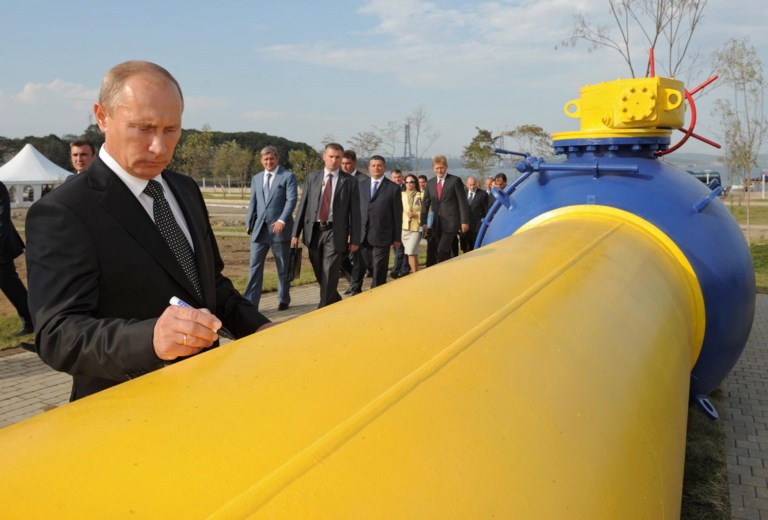Nearly half of the people in Flanders support switching off Russian oil and gas supplies – even if it will cause energy prices to rise – as a sanction for Russia's invasion of Ukraine.
The finding was revealed in a survey, called 'De Stemming', of more than 2,000 Flemish people conducted by the universities of Brussels and Antwerp. Commissioned by VRT NWS and De Standaard, research took place between 14 and 31 March.
A majority of Flemish people support the measures that Belgium is taking with regard to the war in Ukraine. Notably, they even back measures that negatively impact Belgians. This seems to be a slight to the Federal Government's aim, which has been to "take measures that hurt Russia more than they hurt ourselves."
Just under half of the respondents (48%) support a boycott of oil and gas from Russia, even if this has consequences for our energy supply and energy prices. Three in four (76%) see this as a major task for Europe and want Europe to become less dependent on products and goods from Russia.
Related News
- 'Peace is worth more than diamonds': Zelenskyy addresses Belgium's Parliament
- Microwaving, cycling and unplugging: How Belgium wants people to save energy
- Explainer: What shutting off Russian gas would mean for Belgium
However, the researchers also note that there is a possibility that the population's "enthusiasm" for such strong measures has diminished somewhat since the survey was carried out in March, and the prices have continued to rise.
One-third of the Flemish population (30%) supports the idea of sending troops to Ukraine alongside other NATO countries and 49% are in favour of instituting a no-fly zone over the country – which Ukrainian President Volodymyr Zelenskyy pleaded for in his address to Belgium's Federal Government.
However, 43% are strongly opposed to sending troops to Ukraine, as it would lead to direct involvement in the Ukrainian conflict. In any case, these measures are not currently on the table.

